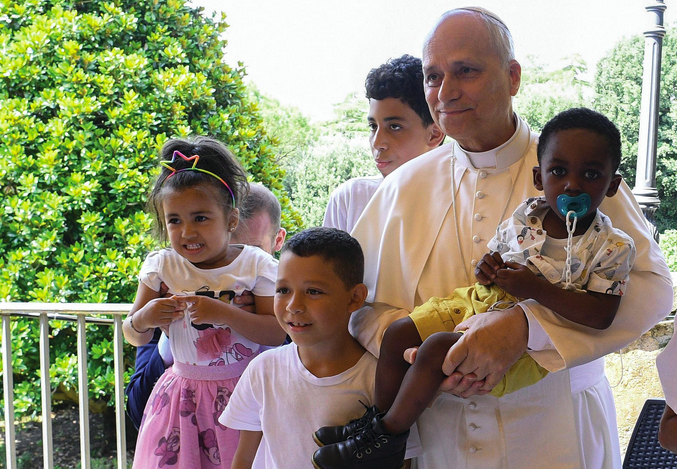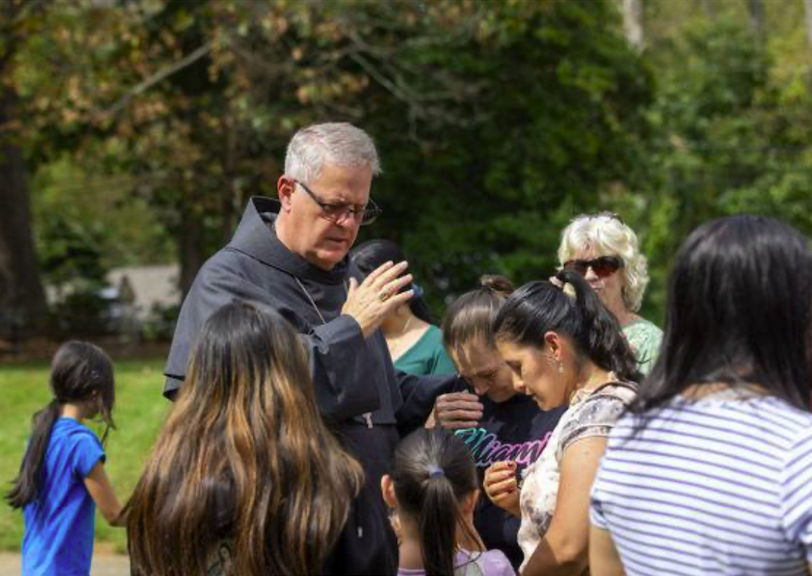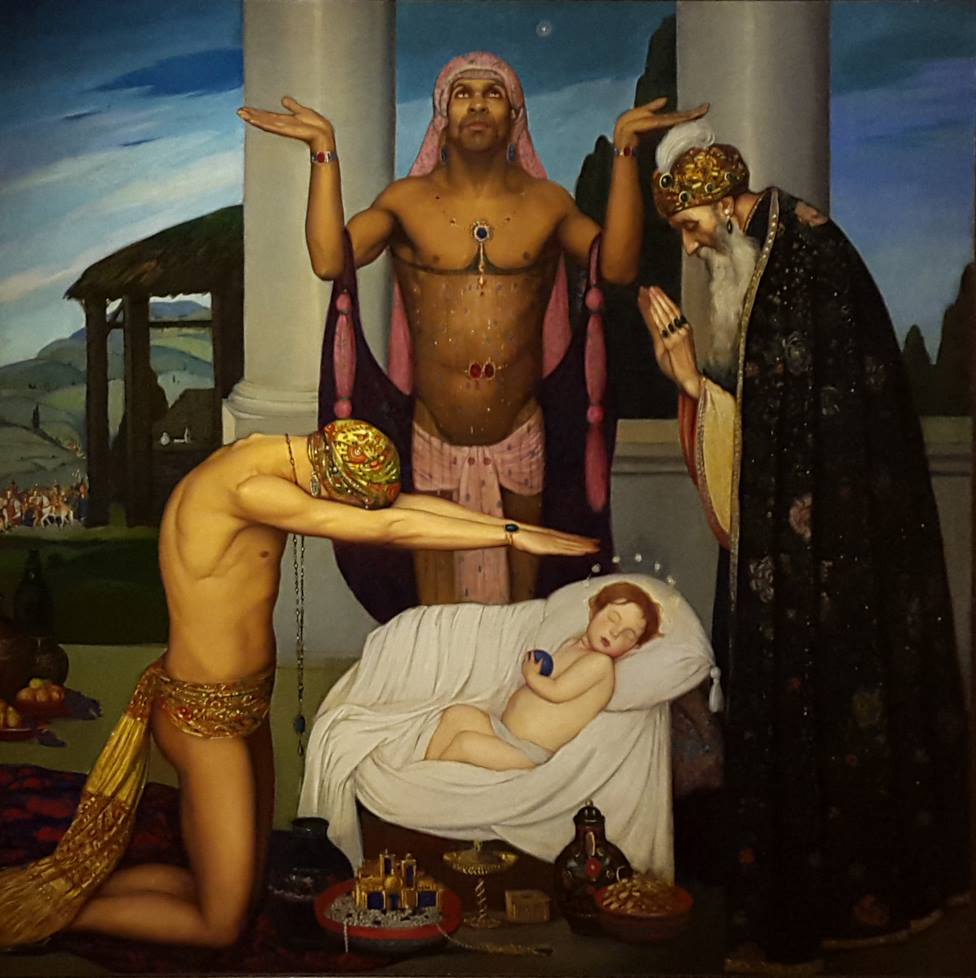These reflections are a result of more than 40 years of ministry as a Roman Catholic priest. Most of these years I spent in the Diocese of Charlotte which covers Western North Carolina. Now I am retired, and live in Medellín, Colombia where I continue to serve as a priest in the Archdiocese of Medellín.

Whoever loves God must also love his brother. (1 Jn 4:19-5:4)
https://bible.usccb.org/bible/readings/010826.cfm
Today is my birthday. I think of my mother, Norma Torp Boyd. Mom wanted grandkids, but I was an only child and a Catholic priest. But Mom got her grandkids after all: every infant I baptized, every child who made their First Communion, every young person confirmed, every couple I married, every confession I heard, every sick person I anointed, every person I blessed, every soul entrusted to my care in all the parishes where I served, every person I walked alongside in my ministry. They are all hers. The promise made to Abraham is fulfilled in my mom: she has descendants as numerous as the stars in the sky. https://youtu.be/5TVrD0nBE4M?si=KP8VZ-2PwPpW3wuy

Beloved, if God so loved us, we also must love one another. No one has ever seen God. Yet, if we love one another, God remains in us, and his love is brought to perfection in us. (1 Jn 4:11-18)
https://bible.usccb.org/bible/readings/010726.cfm
That God loves us is wonderful, but as the writer says, “No one has ever seen God.” The hard part is loving one another. The Epiphany message is that since God has been revealed in human flesh, as Emmanuel, God-With-Us, then we must love one another. And it is by loving one another God’s love is brought to perfection in us—it is not optional. https://youtu.be/dN_pFtCvIJQ?si=z3N4NIBvT--R58TR

When Jesus saw the vast crowd, his heart was moved with pity for them, for they were like sheep without a shepherd; and he began to teach them many things. By now it was already late and his disciples approached him and said, “This is a deserted place and it is already very late. Dismiss them so that they can go to the surrounding farms and villages and buy themselves something to eat.” He said to them in reply, “Give them some food yourselves.” (Mk 6:34-44)
https://bible.usccb.org/bible/readings/010626.cfm
Why is it that there is always more than enough money for weapons of war but never enough to feed the hungry? The world thinks compassion is weakness. But throwing our weight around is never a sign of strength.

The people who sit in darkness have seen a great light, on those dwelling in a land overshadowed by death light has arisen. From that time on, Jesus began to preach and say, “Repent, for the Kingdom of heaven is at hand.” (Mt 4:12-17, 23-25)
https://bible.usccb.org/bible/readings/010526.cfm
Jesus doesn’t come on the scene with a campaign of “shock and awe” but rather preaching repentance and forgiveness. In a country where immigrants no longer feel welcome, Saint John Neumann (1811-1860) can be a hopeful reminder of the good that immigrants bring. He was an immigrant who became the Bishop of Philadelphia, the City of Brotherly Love.

And behold, the star that they had seen at its rising preceded them, until it came and stopped over the place where the child was. They were overjoyed at seeing the star. They prostrated themselves and did him homage. Then they opened their treasures and offered him gifts of gold, frankincense, and myrrh. (Mt 2:1-12)
https://bible.usccb.org/bible/readings/010426.cfm
In the growing darkness of this world, with the war drums beating loudly, God offers us a Star. https://youtu.be/0vkSGAXlyT0?si=lf06-SIQ_Lfm_PrK



